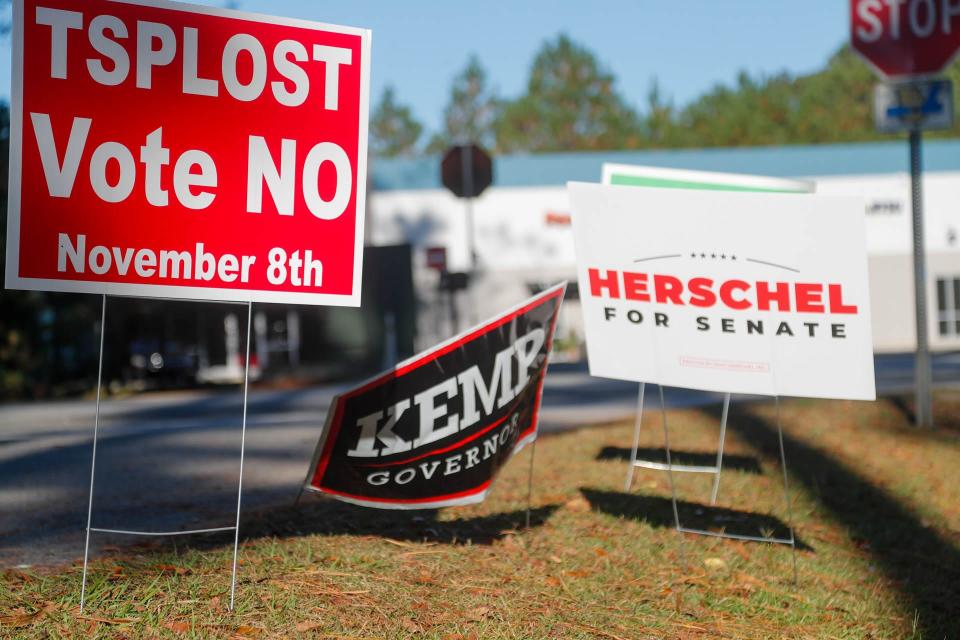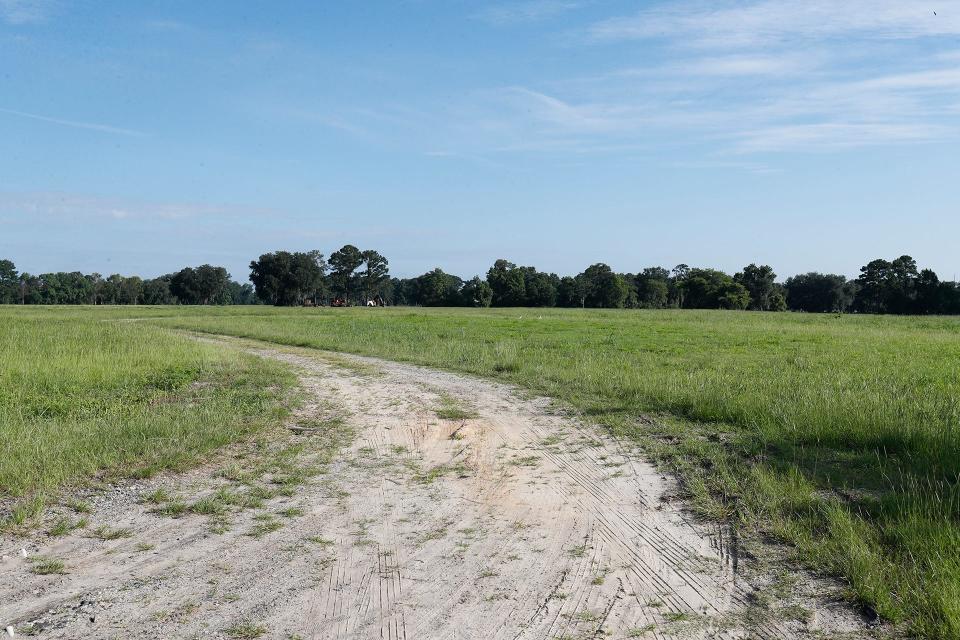Road not taken: TSPLOST defeat should lead to new regional planning strategies
This is the City Talk column by Bill Dawers, a longtime contributor to the Savannah Morning News.
Voters in Chatham County rejected TSPLOST last week by just 50.7% to 49.3%, a narrower loss than I expected.
If the referendum had passed, sales tax in the county would have increased from 7% to 8%, and more than $400 million would have been raised over the next five years for a laundry list of transportation projects. The local funding would have leveraged many millions in matching funds for various state and federal projects.
TSPLOST fails: Chatham voters reject new sales tax meant to fund transportation projects

The TSPLOST list had about $160 million earmarked for road expansion projects in West Chatham, which includes unincorporated portions of the county as well as areas within the city limits of Pooler, Bloomingdale and Savannah. Ultimately, road projects in West Chatham would have gotten far more than $160 million via matching funds and from various pots of undesignated local revenue.
That level of spending in fast-growing areas of West Chatham might be justified if the various governments involved had a coherent plan for expanding transit, for balancing industrial and residential development, and for limiting residential sprawl, which puts tremendous strain on government infrastructure and services.
But local leaders have failed to craft coherent plans for the area. They even failed to convince West Chatham voters that they should support TSPLOST.
City Talk: Voting for TSPLOST will require trusting local leaders. They haven't earned it.

Poor sales job by elected leaders
Voters at the community center in Bloomingdale, for example, rejected the new tax by 56% to 44%. Similar results rolled in from polling places throughout West Chatham, including 53% voting no at the recreation center in Pooler.
TSPLOST failed by similar margins in other areas that tend to be more conservative than the county as a whole. About 56% of voters at the largest precincts on Skidaway Island and Wilmington Island rejected the new tax.
Despite the significant opposition in many areas, more liberal voters came close to pushing TSPLOST over the top.
At my precinct just south of Forsyth Park, 63% of voters supported the tax. There were also majorities voting yes throughout much of Savannah, including 57% of voters at the Carver Heights Community Center, 56% of voters at the Liberty City Community Center and 52% of voters at First Presbyterian Church on Washington Avenue.
Related: Voters send message with TSPLOST failure. Government leaders best heed the rejection.
The closeness of the vote probably surprised some TSPLOST supporters who were expecting a more decisive loss. They could plausibly explain the defeat as a logical outcome of a midterm election at a time of high inflation and broad dissatisfaction with government.
Proponents of the new tax might decide to keep pursuing the same projects, continue to avoid serious talk of transit expansion and eventually come back to voters with a similar project list.
But the rejection of TSPLOST, especially by West Chatham residents who would allegedly benefit the most from the proposed projects, should lead to a broad reassessment of the regional strategies for managing growth.

The referendum’s defeat will heighten the political stakes for Mayor Van Johnson as Savannah heads into an election year, although he could point to support within the city limits. The loss in projected revenue won’t be so easy to dismiss, however.
The vote also represents a major political test for Chatham County Chairman Chester Ellis, who needs to adopt a governing style that unites more than it divides.
Bill Dawers can be reached via @billdawers on Twitter and CityTalkSavannah@gmail.com.
This article originally appeared on Savannah Morning News: TSPLOST sales tax defeat Chatham County new regional plan strategies

